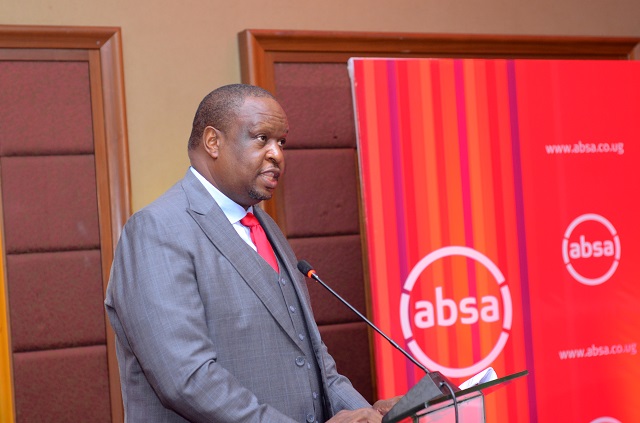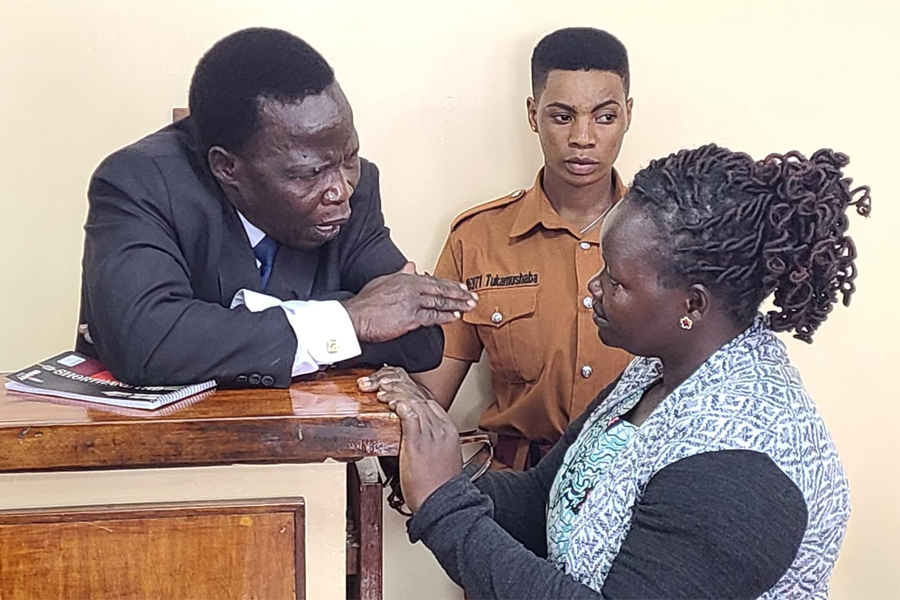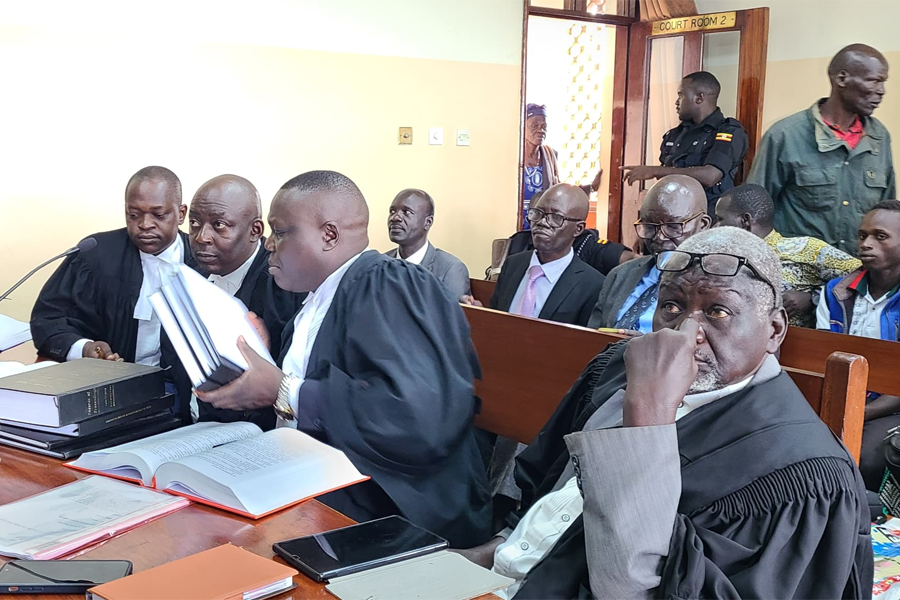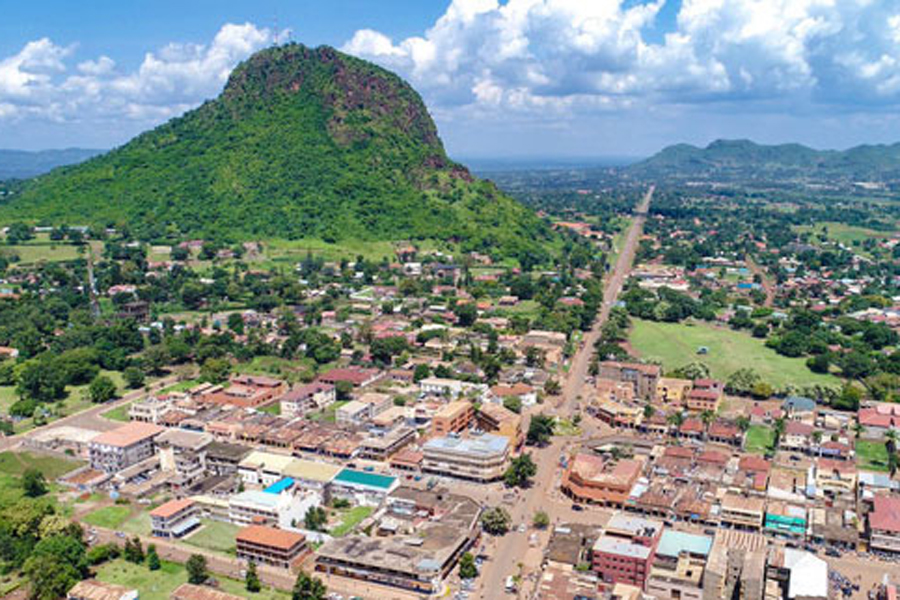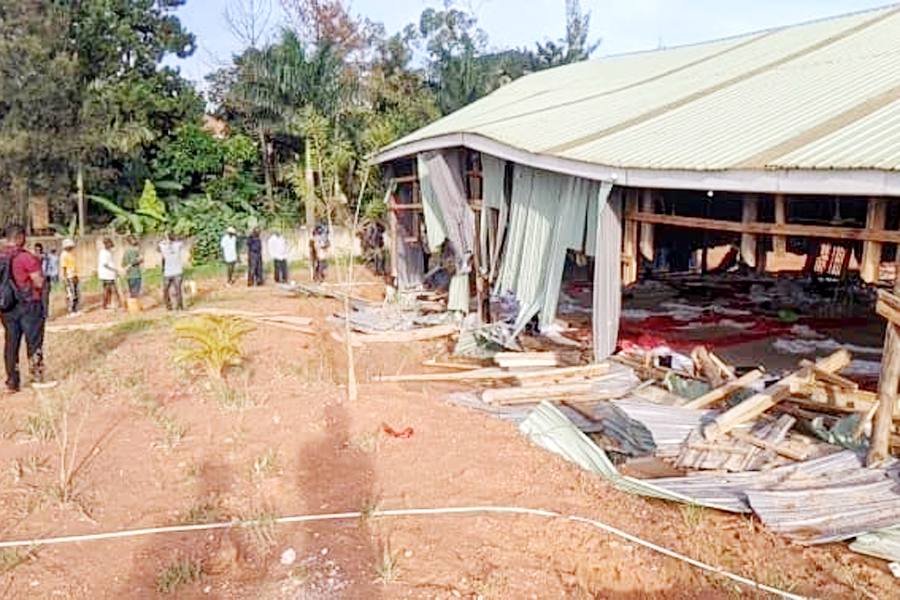Roseline Tusiime
It is electioneering time, politicians are promising so much in their election manifestos, like they have always done. It is in these campaigns that politicians commit to serving the citizens.
The services range from improving health status, improving the state of roads, education, fighting corruption and creating employment, adequate pay for civil servants among others.
No matter how enticing and persuasive these promises can be, the challenges and their devastating consequences on individuals, the economy and the environment persist through the 5year long term of office.
Some of the persisting issues in the service delivery include; unemployment—a big factor at a rate of 13.3% according the 2019 World Bank report, the education sector is struggling with poor quality and low retention of learners in schools where 12% of children are out of school, among the reasons being inadequate infrastructure and scholastic materials related issues.
According to the annual sector health performance report, just 69% of health posts are filled, resulting in a high patient doctor ratio of 1: 24,725 with a nurse to patient ratio of 1: 11,000 which is below the World Health Organisation (WHO) recommendation of one physician per 1,000 people, resulting into crowded hospitals.
This is exacerbated by the brain drain of more than 2,000 Uganda`s critical nurses and doctors. Also, according to the ministry of health, 139 sub counties don't have health facilities at all.
Additionally, there is also a challenge of poor sanitation where the population of people using improved drinking water source was only at 69% as of 2018/19.
Uganda was promised to achieve middle-income status by 2020 achieving a per capita of $ 1,039 (shs3.8m), which she has not attained. This was a major campaign promise for the ruling National Resistance Movement (NRM) party during the 2016 campaigns.
Among the reasons for not achieving the middle income status is corruption in some government offices.
In the Great lakes region, Kenya, Angola, Sudan, Congo (Brazzaville), Zambia and Tanzania are the only countries with middle-income status according to the World social report 2020.
In Tanzania, Magufuli used cost-cutting as a measure to improve service delivery. He replaced Tanzania’s independence day celebrations with a national clean-up campaign, banned unnecessary foreign travel for government officials, prohibited the use of expensive hotels for government meetings, and streamlined the cabinet.
He appointed 22 ministers and 20 deputy ministers – 11 fewer government members than were in Kikwete’s cabinet. He also removed senior officials from prominent civil service positions as a way of punishing poor delivery.
It was through these strategies that great improvements in education, health services, water services, and electricity access were registered. It is no wonder that the Magufuli administration led Tanzania to achieve its goal of becoming a middle-income country 5 years earlier than it was initially projected.
Failure to meet these promises has increased discontent, manifested in service delivery protests where people take to the streets to express their frustrations.
Among the few recently recorded protests include; the incident in 2018 where the residents across Rukiga district held peaceful demonstrations over the poor state of service delivery in their district, in December 2020, Katakwi locals protested over bad roads and poor health services, the doctors striked over low pay, unemployment and poor working conditions among others.
In this, the losers are the poor, whose children don't learn to read and write, or get sick and die because the public clinics don't have adequate medicines, who can’t transport their goods to markets due to inaccessible roads and collapsed bridges.
This calls for empowerment of citizens through the provision of information to enable the poor to demand improved services and hold elected leaders accountable. This could create entitlement to the provision of public services.
It would also enable citizens make more informed assessments of electoral promises and their plausibility hence influence better decision-making during the electioneering period. With information, people would vote along service delivery lines rather than for politicians` ethnicity or religious identities, or who promises them private goods such as employment, money handouts etc.
Additionally, Local governments should also create platforms that are deliberately intended to give a voice to the opinions and needs of the marginalised. For example, communicating the importance of health and education.
Creating facilities such as telephone hotline and social networking pages like twitter hashtags where possible, in order to engage with communities, to assess their service-delivery issues and to enforce accountability. This could improve capacity and enhance the realisation of service delivery.
Poor living conditions directly undermine the constitutional commitment to basic human rights and dignity. It is therefore imperative that the government and the public hold officials accountable for any abuse of power, and ensure efficiency, effectiveness, responsiveness and transparency in the local sphere.
In this regard, the public will always strive to re-elect or replace corrupt and unaccountable public office holders with new ones. And in a sense bridge the disconnect between what their leaders promise and what is delivered or not delivered in the five-year service tenure.
The author is a Resident Research Associate – Great Lakes Institute for Strategic
Studies (GLiSS).
rtusiime@glissafrica.org







